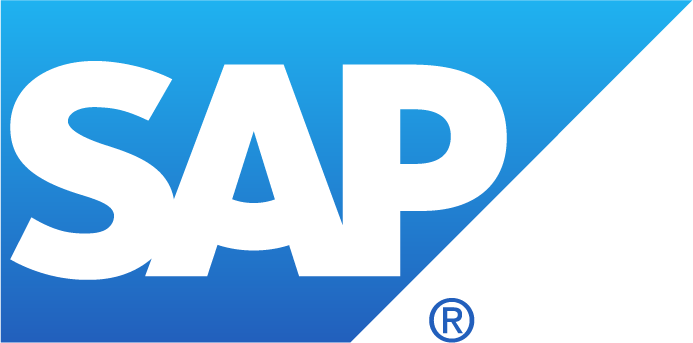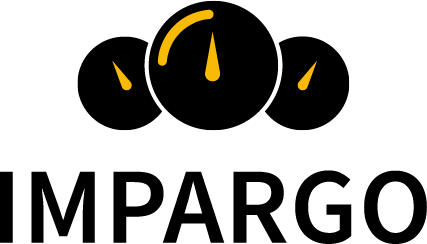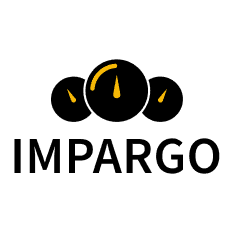Transport management systems (TMS), also known as transport management software, are crucial for both carriers and shippers to ensure that their logistics processes run efficiently. Cloud-based transport management systems offer various features such as tour optimization, time slot booking, carrier databases, messaging systems, ERP integrations, and live tracking. These features provide current customers with different services like real-time tracking, carrier quotes, automatic order processing, and time slot booking, making them even more attractive to potential customers. Let's take a brief overview of each of these top 5 transport management systems and delve into some of their features.
| Companies | Pricing | Unique Selling Point | Market Country | Website Link |
| IMPARGO | Transactional |
| Europe | IMPARGO Website |
| Oracle | Flat Rate |
| Worldwide | Oracle Website |
| Alpega | Modular |
| Worldwide | Alpega Website |
| Transporeon | Transactional |
| Europe | Transporeon Website |
| SAP | License |
| Worldwide | SAP Website |
SAP
SAP has been a leader in the software industry for years, offering transport management systems for companies to utilize in their business operations. The SAP transport management software provides a central point to manage logistical transactions, exchange documents with business partners, and create transparency across the entire supply chain network. They offer real-time live tracking that considers live traffic updates to provide more accurate estimated times of arrival (ETA) for transport orders. Additionally, they have rule-based routing that takes into account traffic laws and traffic patterns. They offer milk run features to plan multiple pickup and delivery locations in one order. SAP has multimodal resources in ground, air, and water transport, allowing shippers to transport as cost- and time-efficiently as possible.

Oracle
Oracle is a platform that enables logistics companies to manage supply chain activities with their transport management software. They offer real-time tracking that allows their customers to track the exact location of their transport orders using a telematics integration system called Prolificx. Additionally, they have a cooperative routing system that considers historical shipping patterns and optimal resource utilization through efficient freight lane combinations to find the most efficient transport route. They offer milk run features and multimodal services that allow customers to determine the most efficient means of transportation based on cost and speed, whether it be air, water, or land transport.

Alpega
Alpega is a TMS software with real-time transparency that allows for precise location tracking via telematics integration systems. The company has established a milk run transport system that enables customers to determine multiple drop-off and pickup locations and to change the mode of transport, whether it be air, water, or land transport, depending on efficiency. The routing system is based on fuel efficiency metrics, ensuring that companies design their transport processes as efficiently as possible to save costs. They offer time slot booking services that allow companies to increase efficiency in loading dock turnover.

Transporeon
Transporeon is a cloud-based transport management software that enables precise real-time location tracking via a telematics integration system called Sixfold. The company has a transport management system app that allows for easier communication between carriers and shippers while also providing the ability to view tracking information within the app. As part of the tracking process, services are offered that calculate the need for rest breaks based on driving times and factor in possible weather delays to provide shippers with more accurate estimated times of arrival (ETA). They have a rule-based routing system that takes into account traffic laws and traffic patterns. They offer time slot booking that ensures warehouses turn over their loading docks as efficiently as possible. They provide milk run and multimodal services that help companies operate as cost-, fuel-, and speed-efficiently as possible.

IMPARGO

Why IMPARGO is the system you need
IMPARGO is a cloud-based transport management software (TMS) that allows both shippers and carriers to gain real-time transparency in their transport processes, as they can see estimated times of arrival (ETA) and status updates based on delivery progress and potential delays. Additionally, they have milk run features that enable companies to set up multiple drop-off and pickup points to ensure that truck loads are consolidated in the most efficient way. They have communication modules that make it easier for shippers to stay in contact with carriers to increase the transparency of the shipping process. They have rule-based route planning that takes into account traffic laws and traffic patterns to ensure that the transport routes are planned efficiently. They have automated order processing, allowing shippers to obtain quotes from carriers and assign transport orders based on these quotes. IMPARGO also offers freight forwarding software solutions tailored to small and medium-sized businesses.

All these transport management systems offer shippers and carriers the opportunity to increase the efficiency of their logistics processes. Their features vary, but they all enable shippers to achieve the same goals by providing access to personalized features. IMPARGO stands out by offering smaller companies better customer service and customer experience. If your company is looking for a TMS solution that is easy to set up, flexible, and cost-effective, then IMPARGO is the right solution for you. Request a demo below to see all its capabilities and features up close.
IMPARGO's vision is not just to be a system but to become a transport management ecosystem (TME). In today's logistics industry, it is important to have an ecosystem that can offer a wide range of integrations, including freight forwarding software solutions and freight management software. Thanks to the adoption of new technologies and the integration of concepts like artificial intelligence into daily operations, businesses are able to enhance customer centricity and maintain a constant balance between operational costs and profit margins.

